Recent genetic drift in the co-diversified gut bacterial symbionts of laboratory mice www.biorxiv.org/content/10.1... "Laboratory Grown Mouse strains of these ancestral symbionts have experienced accelerated accumulation of genetic load during the past ∼ 120 years of captivity"
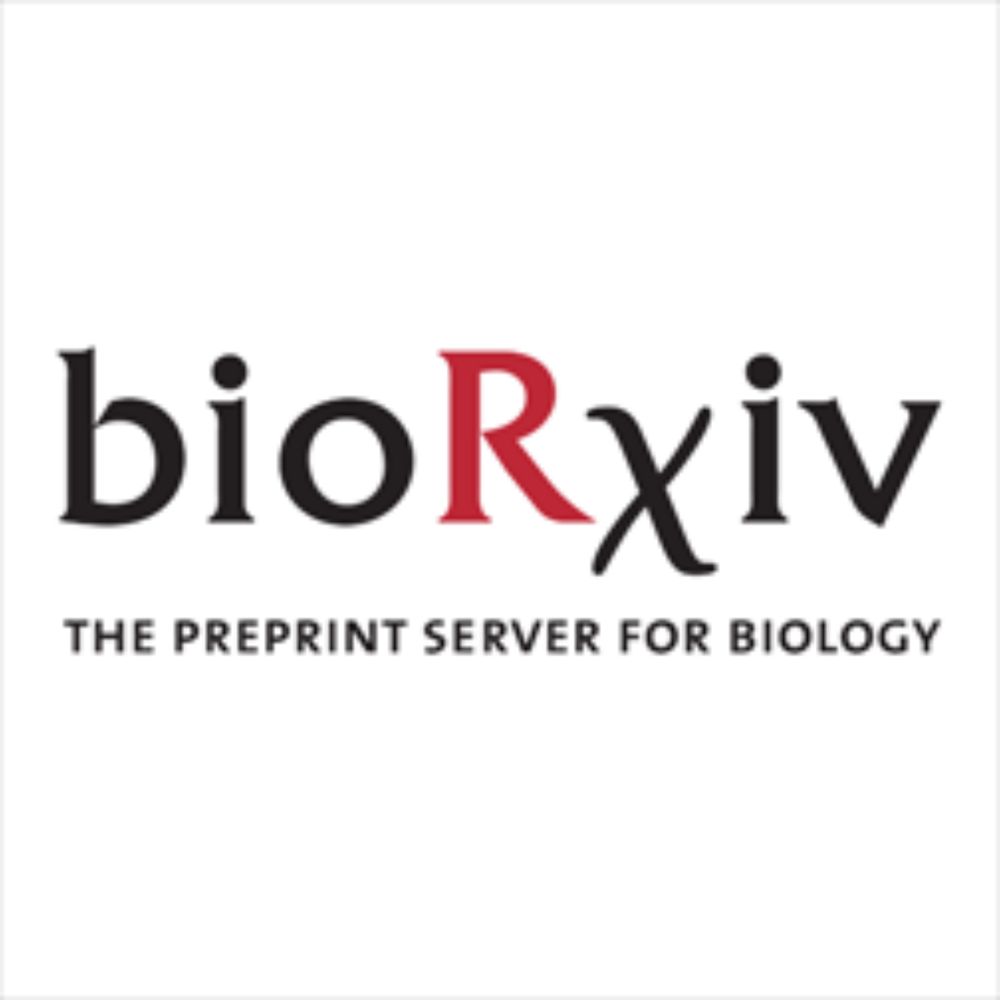
Laboratory mice ( Mus musculus domesticus ) harbor gut bacterial strains that are distinct from those of wild mice[1][1] but whose evolutionary histories are poorly understood. Understanding the diver...
Now published in bioinformatics, CELEBRIMBOR 'pangenomes from metagenomes' academic.oup.com/bioinformati... I think reviewer comments helped make it better, so worth another look (at fig 1 particularly!)
microbiome enthusiasts, be sure to apply for a PhD position in my lab before 29th september! vacatures.uva.nl/UvA/job/PhD-...
During the data analysis, it took us quite a long time to develop a good way to compare the growth of species in community vs monoculture, as "it's all relative" to control conditions in our case. We settled on calling it "ratio of abundances in community", which I guess is similar to "fold change"
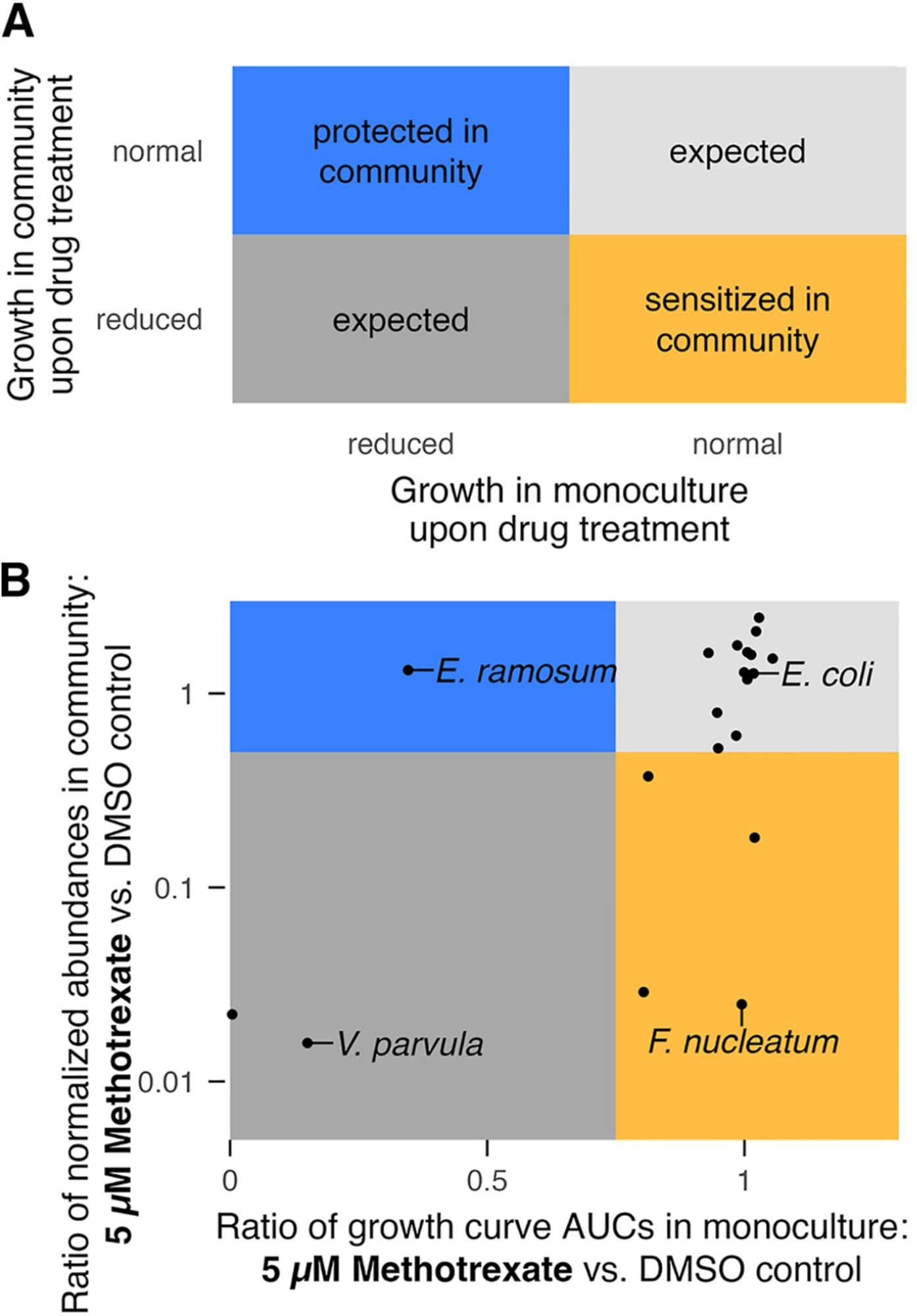
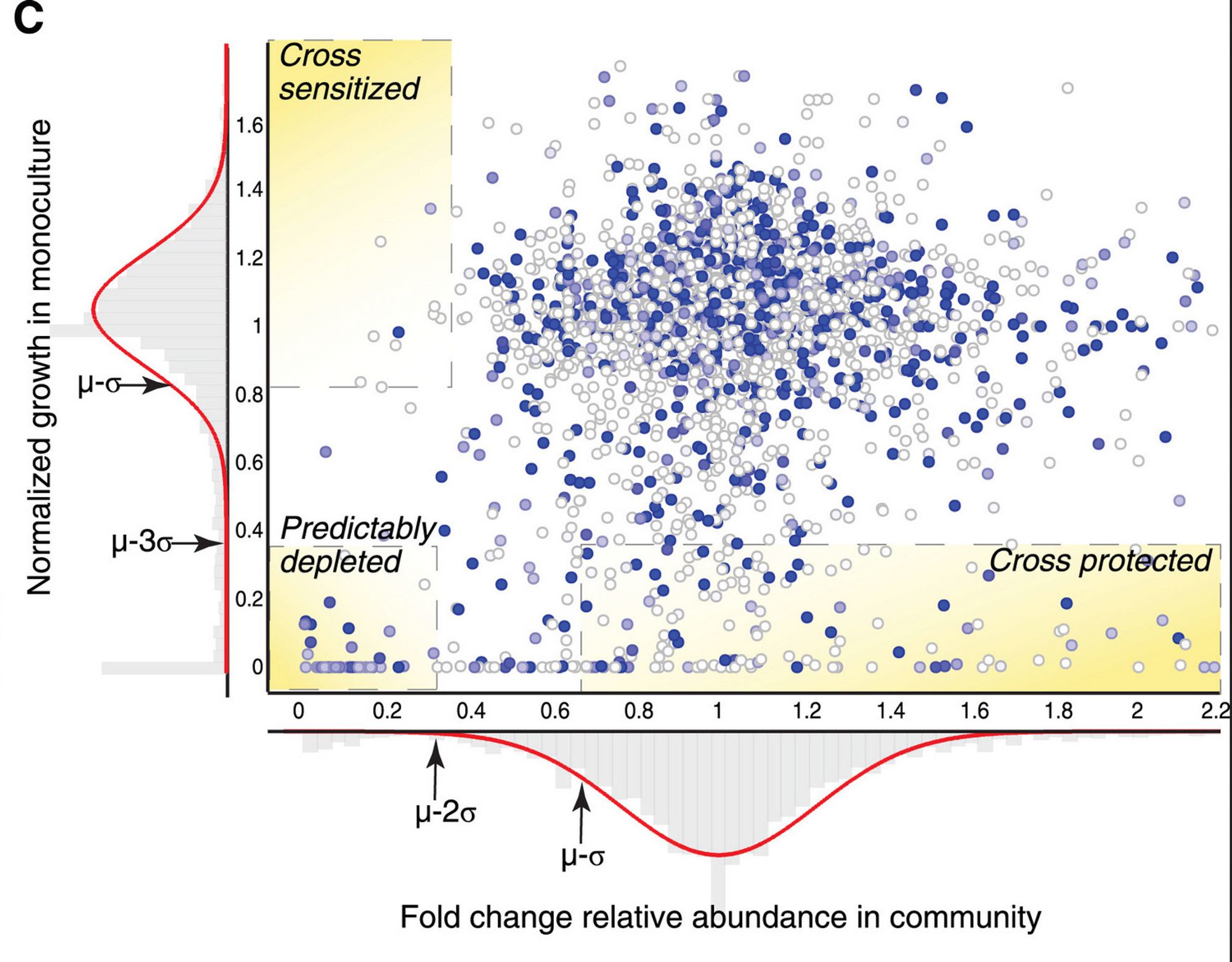
At the same time, a paper by Andy Goodman's lab came out: www.sciencedirect.com/science/arti... "Microbial transformation of dietary xenobiotics shapes gut microbiome composition"|
Our paper together with @typaslab.bsky.socialdoi.org/10.1016/j.ce...@sarsarela.bsky.social@biocs.bsky.social show that bacteria can be protected from & sensitized to drugs in community; ... (1/2)
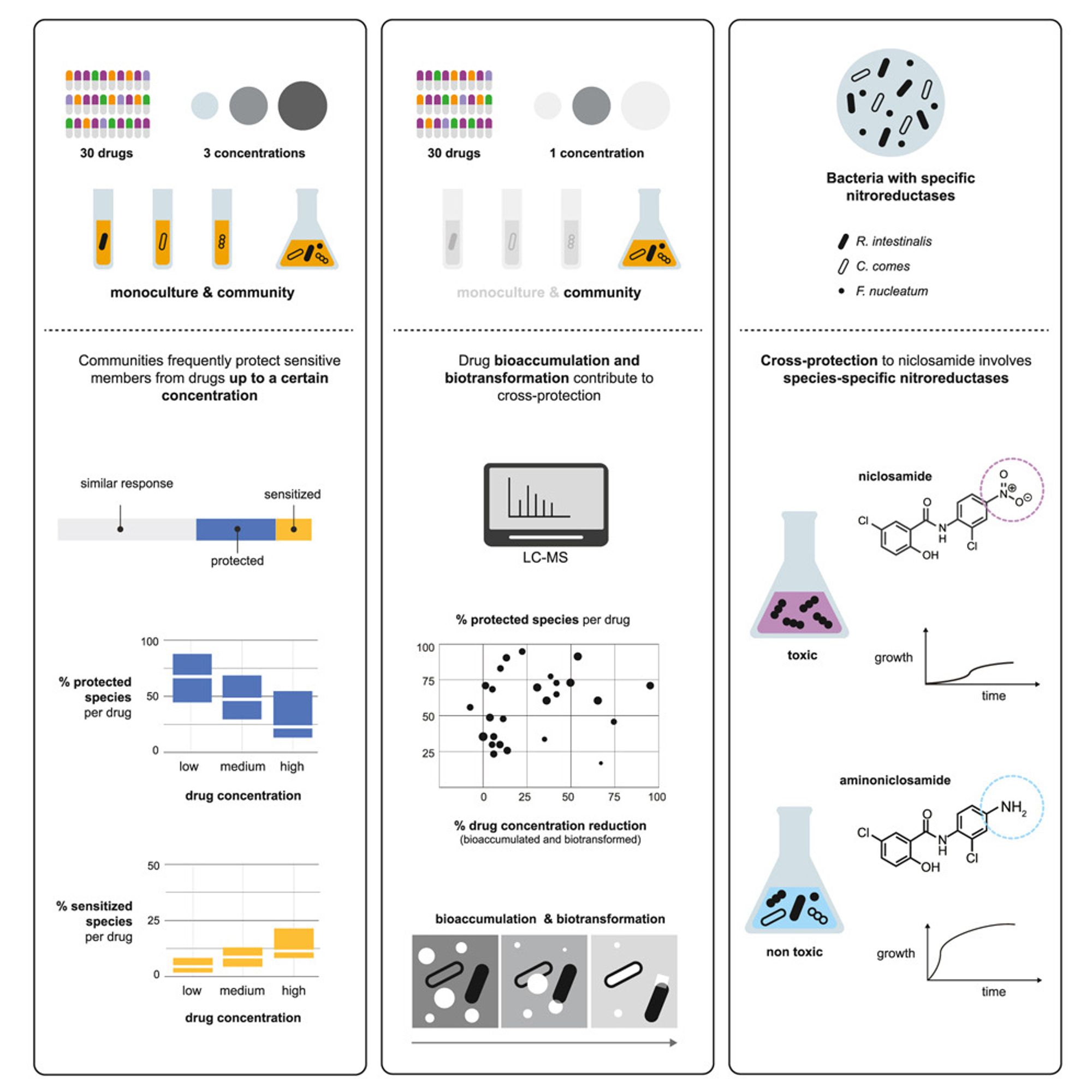
Commensal consortia decolonize Enterobacteriaceae via ecological control www.nature.com/articles/s41...
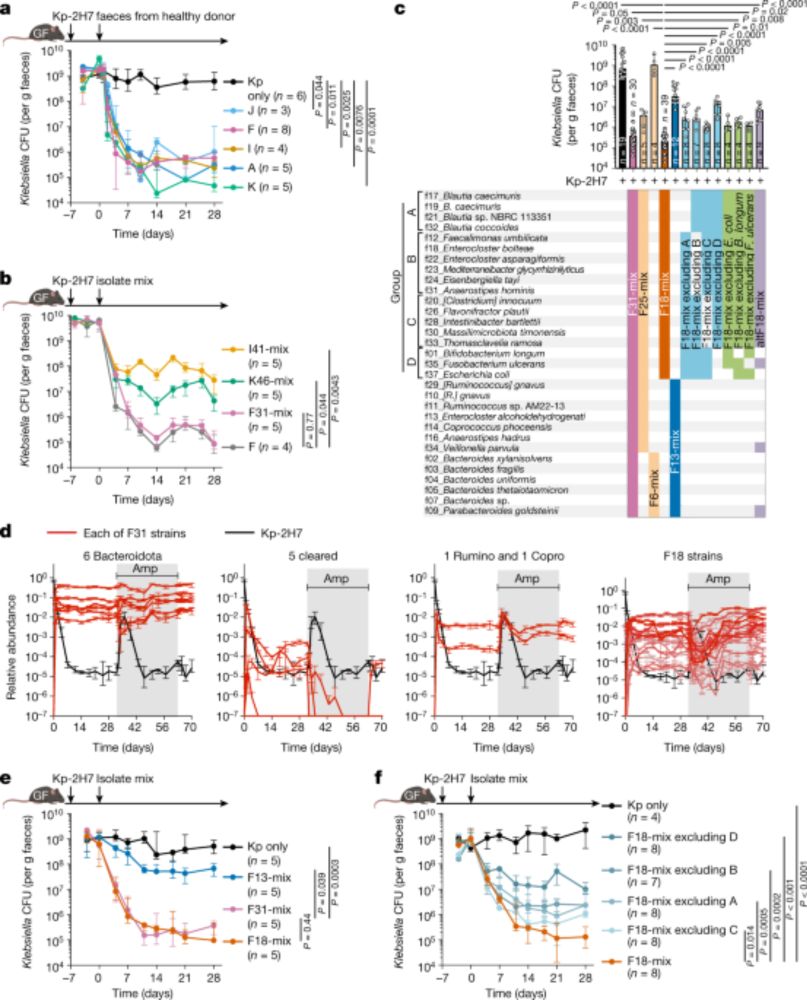
Transplants of consortia with limited numbers of strains of commensal bacteria derived from healthy human stool samples are able to suppress intestinal Enterobacteriaceae by regulating gluconate avail...
Modern microbiology: Embracing complexity through integration across scales A review from @merenbey.bsky.socialwww.cell.com/cell/abstrac...
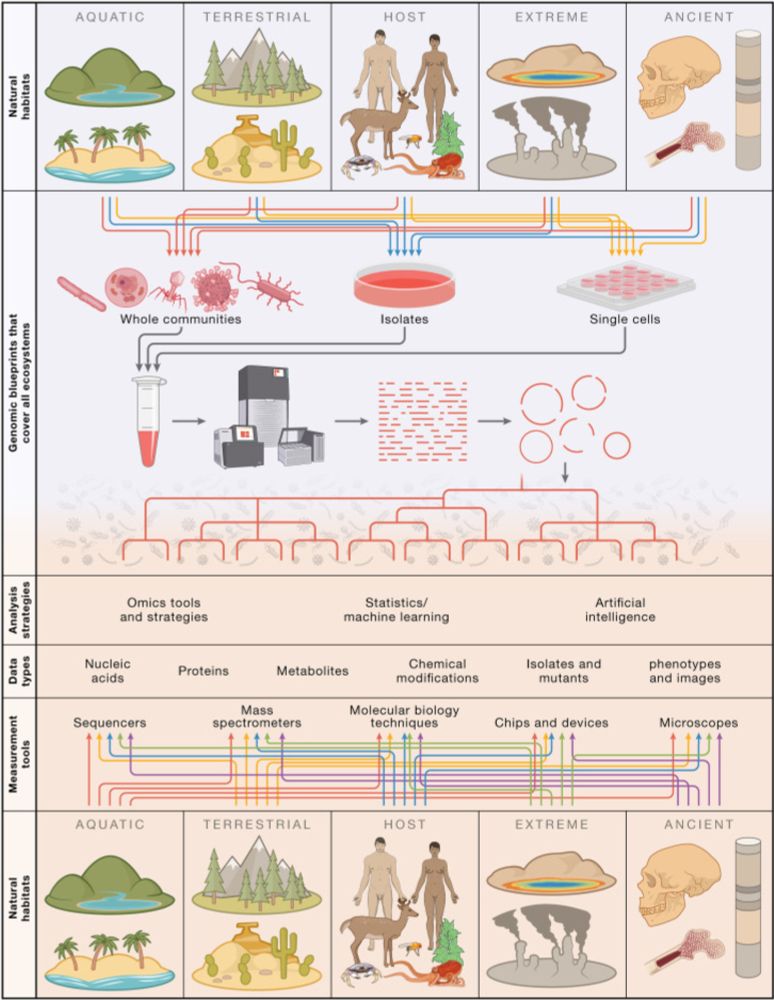
This review explores the history of microbiology and contemplates the future of this evolving discipline as microbiologists embrace rapidly emerging technologies to explore systems of great complexity...
🧪 "Genetic tracing of market wildlife and viruses at the epicenter of the COVID-19 pandemic" by @acritschristoph.bsky.socialdoi.org/10.1016/j.ce...www.cell.com/cell/fulltex...
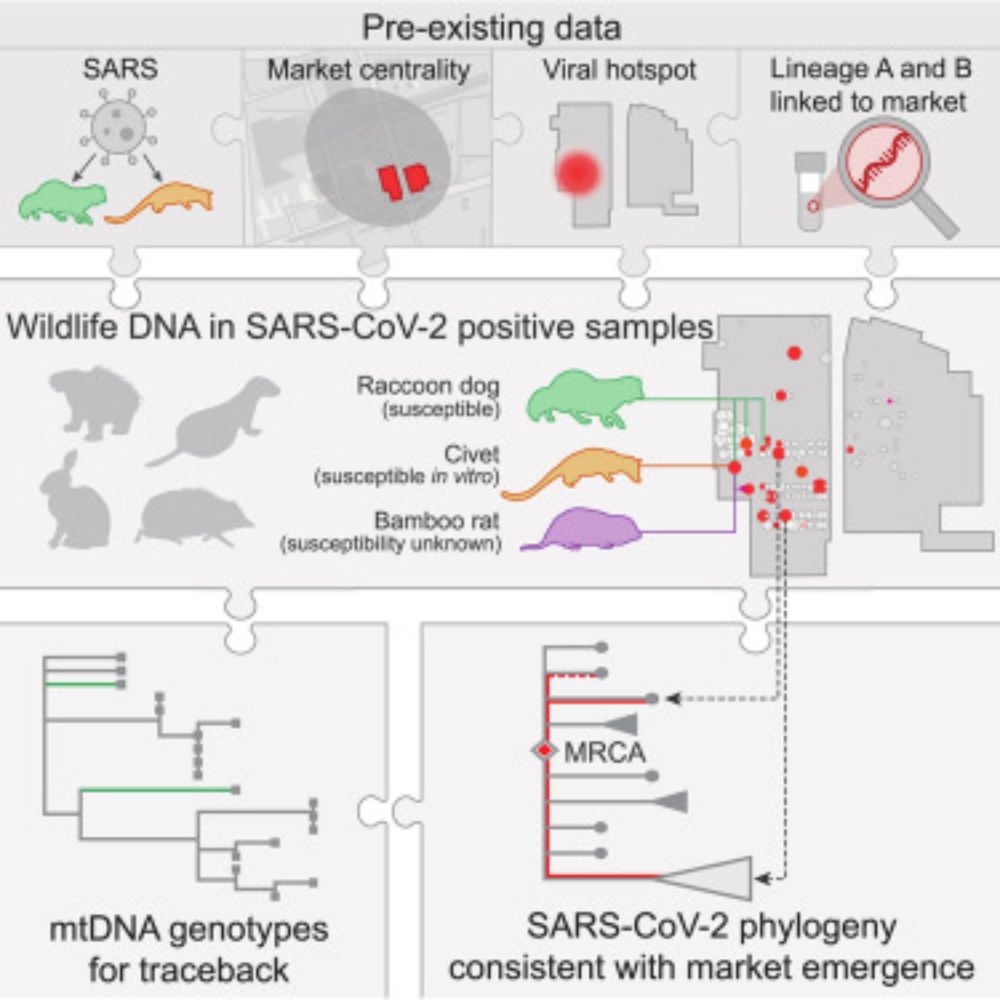
DNA of mammalian wildlife species susceptible to SARS-CoV-2 was detected along with SARS-CoV-2 and other viruses in environmental samples from animal stalls located at the market epicenter of the emer...
Why are bioinformatics results so full of false positives? I've been thinking about this for a few years: the incentives in the field are to produce false positives luispedro.substack.com/p/why-are-bi...
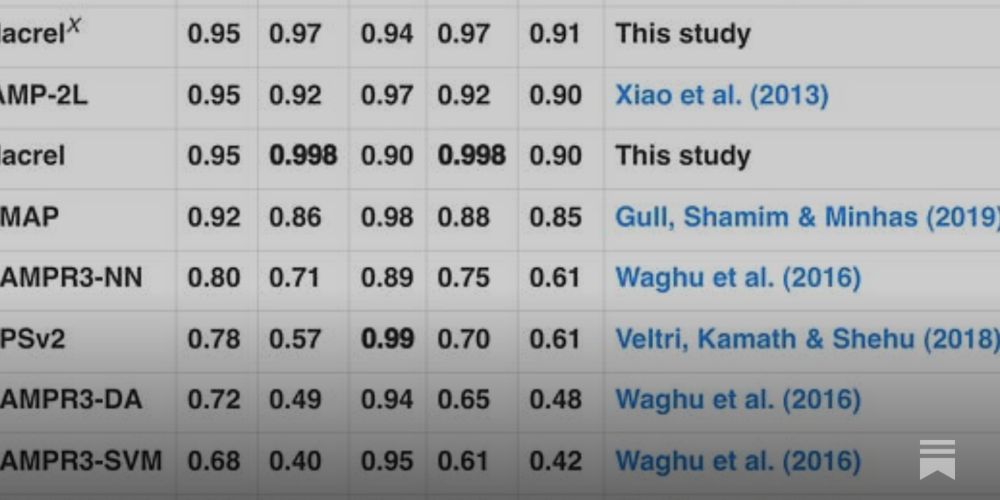
It's what the incentives